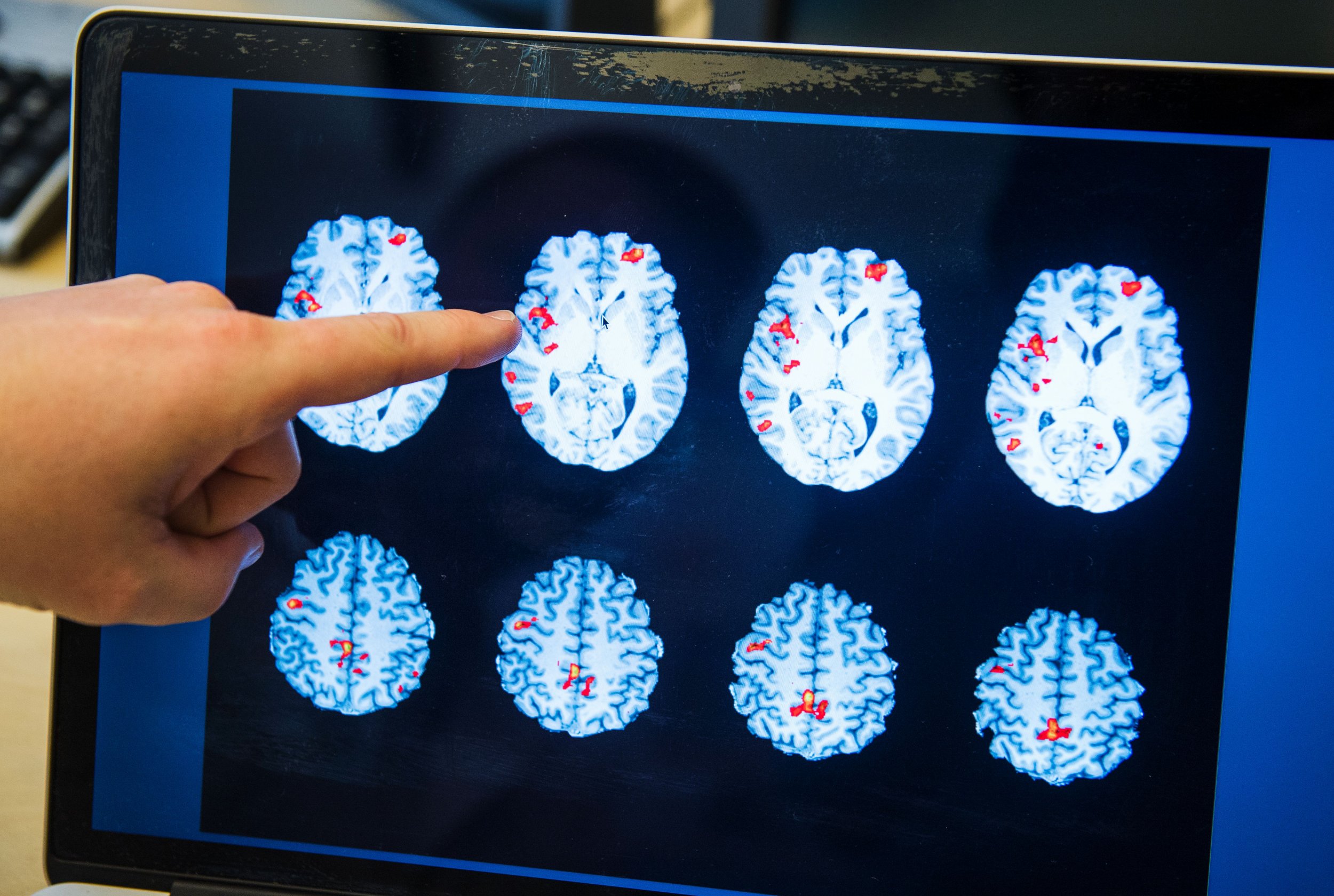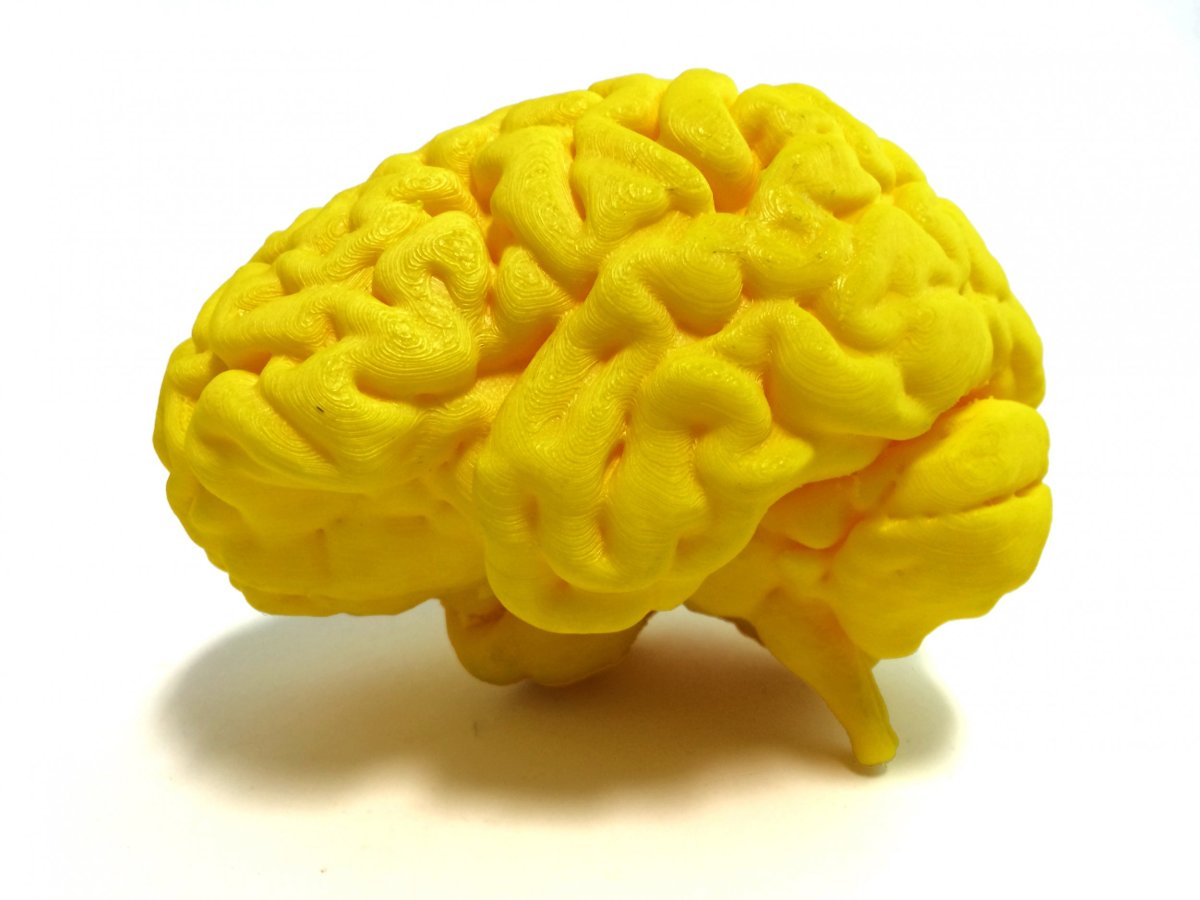
Bipolar disorder, schizophrenia, autism, depression and alcoholism may all share some similar genetic origins, according to a new paper published Thursday in Science. Understanding these genetic commonalities and differences could lead to new treatments—and for autism, that day might be right around the corner.
Based on samples taken from 700 human brains, scientists found that some disorders shared some modifications to the genetic codes that control how a person's DNA is expressed.
Autism, schizophrenia and bipolar disorder all had certain changes in common; different changes were shared by people who had schizophrenia, bipolar disorder and depression. The conditions that were most genetically related were schizophrenia and bipolar disorder, sharing about a 70 percent overlap in the genetic changes. Alcoholism had little genetic relationship to any other illness.
Many of the genes that did show similar changes in their patterns of expression were related to glia—the brain's support cells. Unlike neurons—what we usually think of as "brain cells"—these cells generally aren't responsible for sending electrical signals between each other. Some glia, called microglia, act as part of the brain's immune system. Others, called astrocytes, also help supply neurons with the chemicals they need to do their job.
But understanding what exactly might be happening to these support cells is one thing—applying it to treat actual humans is another.

Some signals associated with a cell type called microglia were far higher in the samples from people with autism than from samples of people with other conditions. This signal may be higher because the microglia are more active. If that's true, an antibiotic that reduces their activity could be one way to treat the condition—which is what UCLA Health psychiatrist and one of the authors of the study, Dr. Michael Gandal, is testing right now.
"We are already running a small, proof-of-principle trial at UCLA right now, largely motivated by the basic science findings of this study and others," he told Newsweek. He and his colleagues are working to recruit about 30 adults for a brain-imaging study to look at their microglia and take an antibiotic called minocycline for 12 weeks.
"Throughout the 12 weeks, we measure a set of cognitive tasks, and we repeat the brain imaging," he said. "The idea is to look at how levels of inflammation in the brain relate to cognitive and behavioral function in individuals with autism."
The results of this study might not be available for some time; Gandal and his team have recruited about one-fifth of the people needed for the trial so far.
Uncommon Knowledge
Newsweek is committed to challenging conventional wisdom and finding connections in the search for common ground.
Newsweek is committed to challenging conventional wisdom and finding connections in the search for common ground.
About the writer
Kate Sheridan is a science writer. She's previously written for STAT, Hakai Magazine, the Montreal Gazette, and other digital and ... Read more





